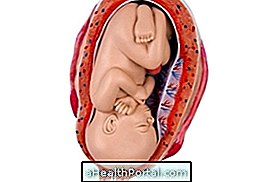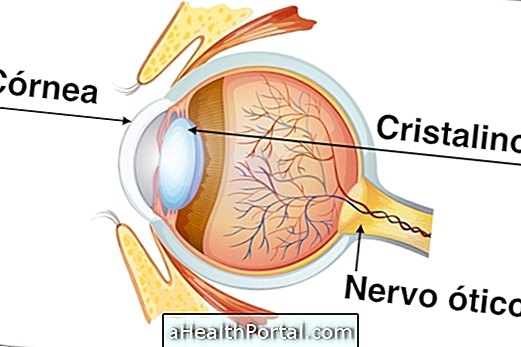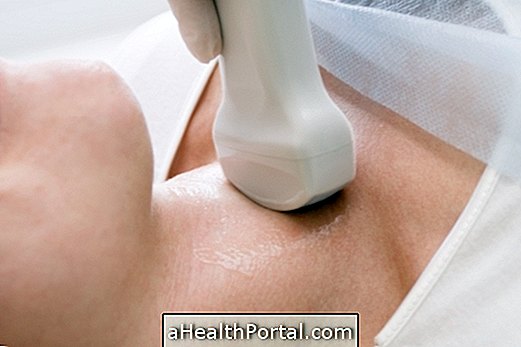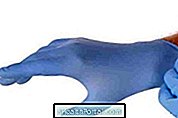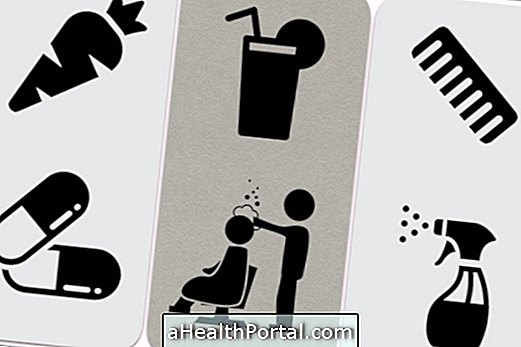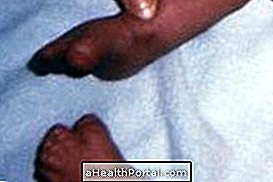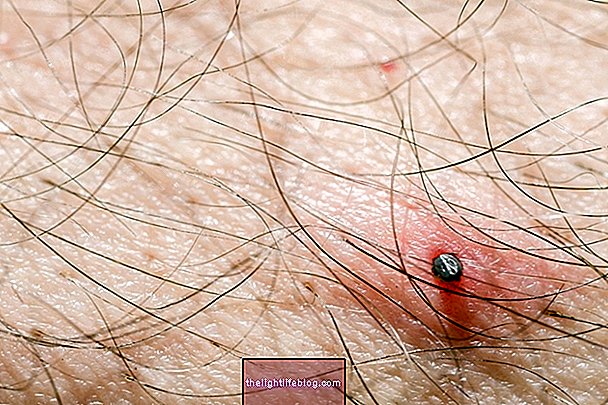Etna is a medicine used to treat peripheral neural disorders such as bone fractures, spine problems, sprains, bone cut peripheral nerve, piercing injuries, vibration lesions, and surgical procedures in the peripheral nerve or nearby structures.
This medicine provides the body nucleotides and vitamin B12, substances that help in the process of regeneration of the injured peripheral nerve, helping the nerve to recover.
Etna can be purchased in pharmacies for a price of about 50 to 60 reais, in the form of injectable capsules or ampoules.
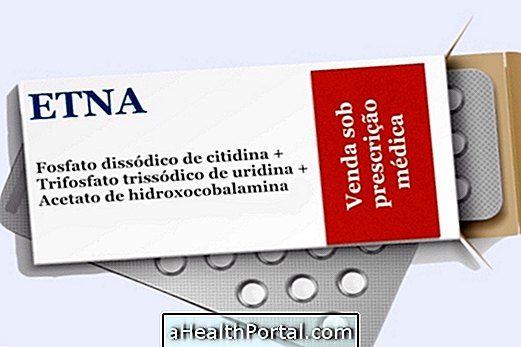
How to take
The recommended doses and duration of treatment with Etna should be indicated by the physician as they depend on the severity of the problem being treated. However, the recommended dose is 2 capsules, 3 times a day, for 30 to 60 days, and should not exceed the maximum limit of 6 capsules per day.
Injectable ampoules should only be given by a healthcare professional in the hospital and the recommended dose is 1 vial injected intramuscularly once daily for 3 days.
Possible side effects
The most common side effects that can occur with the use of Etna are nausea, constipation, vomiting and headache.
In the case of the injectable may also occur pain and redness at the injection site, insomnia, loss of appetite, heartburn and stomach pain.
Who should not take
Etna should not be used in people with a history of allergy to one or more components of the formula in a diagnostic investigation of proliferative disease that have recently had a stroke and in certain types of genetic disorders such as dihydropyrimidine dehydrogenase deficiency, ornithine carbamoyltransferase and dihydropyrimidine deficiency. It should also not be used in pregnant women unless directed to do so by a doctor.
In addition, injectable Etna should also not be used in people with heart disease or convulsive disease.




